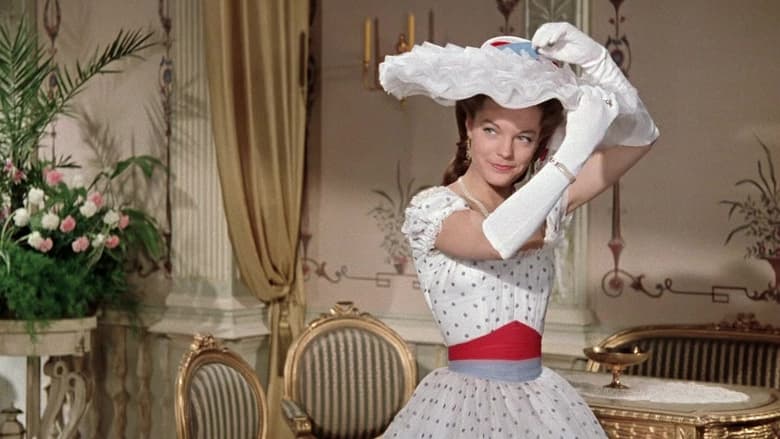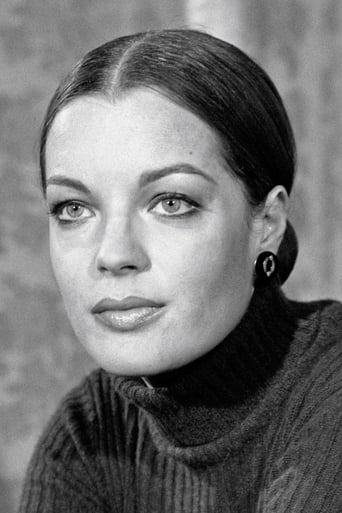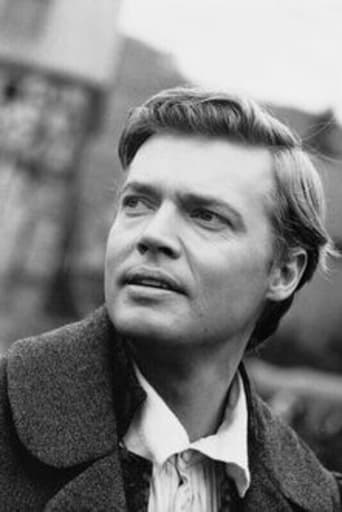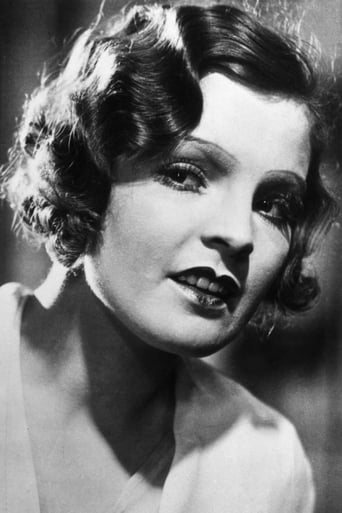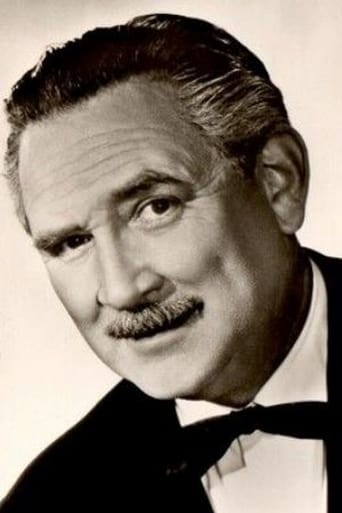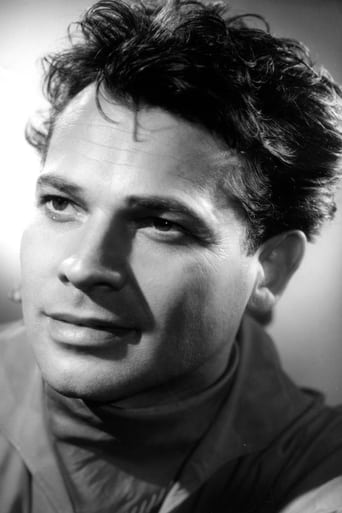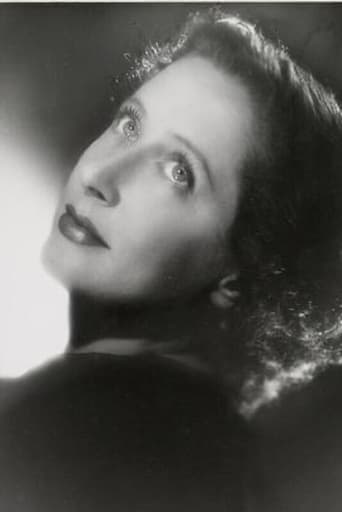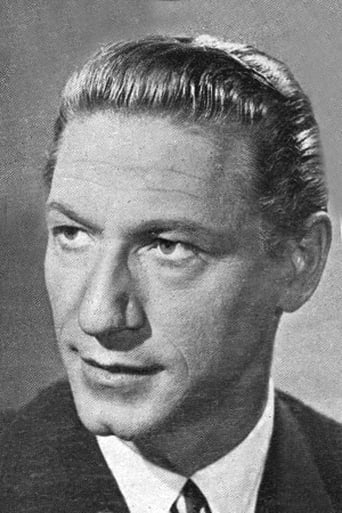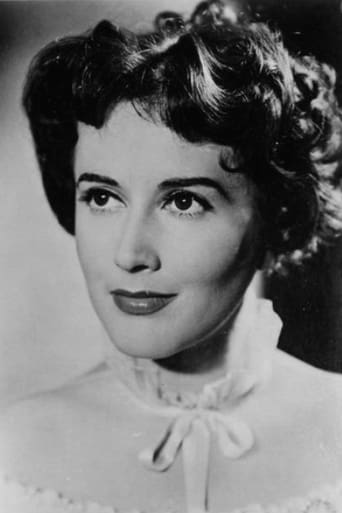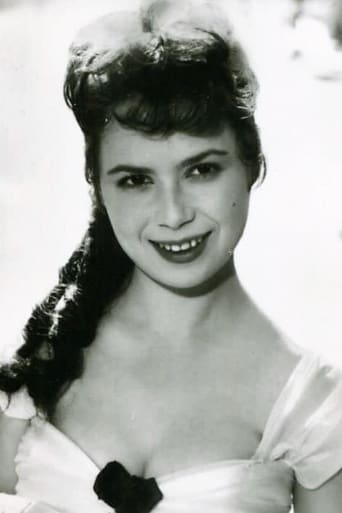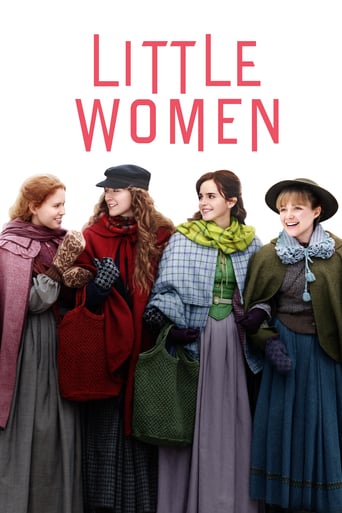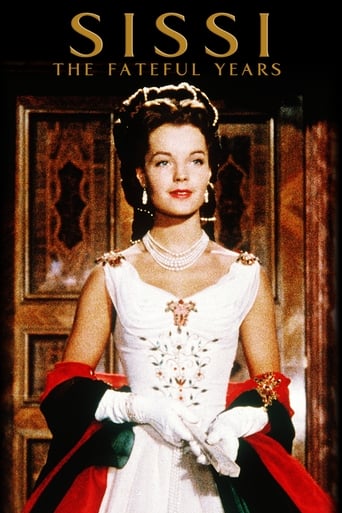
Sissi: The Fateful Years of an Empress
December. 18,1957After a wonderful time in Hungary Sissi falls extremely ill and must retreat to a Mediterranean climate to rest. The young empress’ mother takes her from Austria to recover in Madeira.
Similar titles
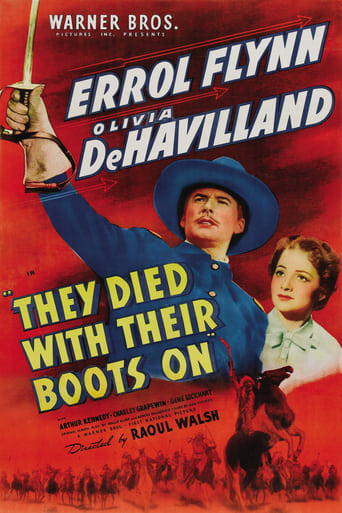
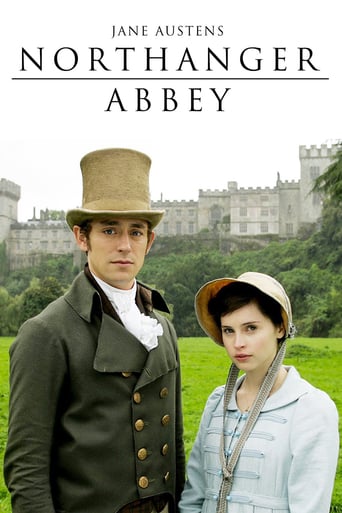

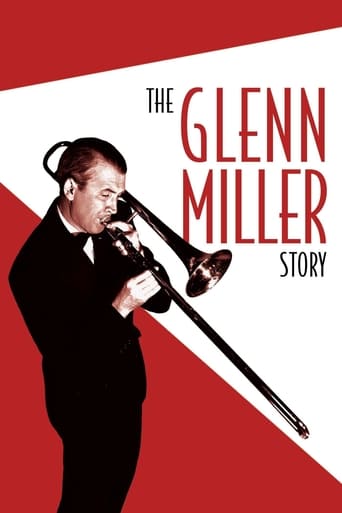
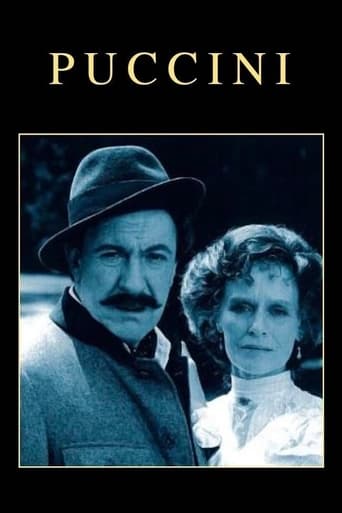
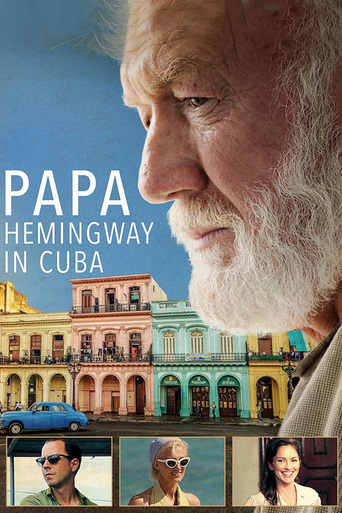


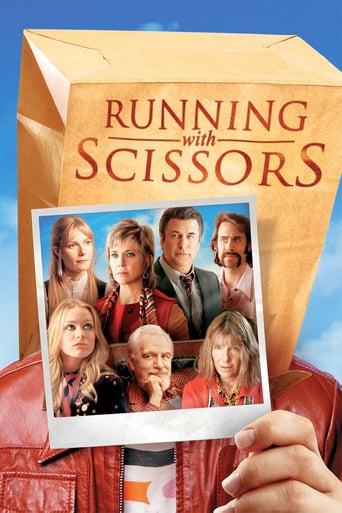

You May Also Like
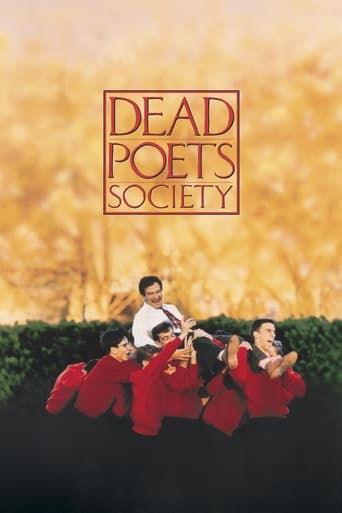
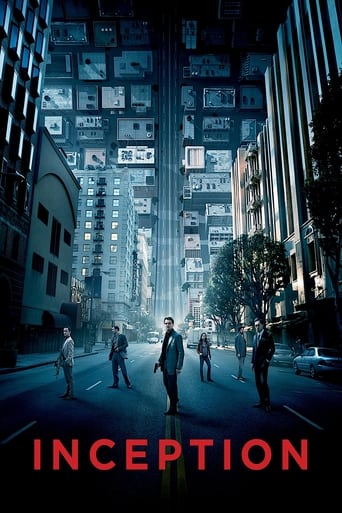
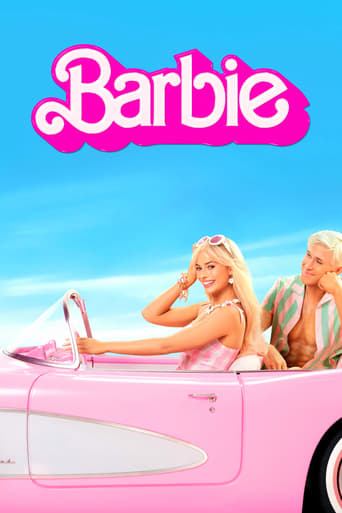



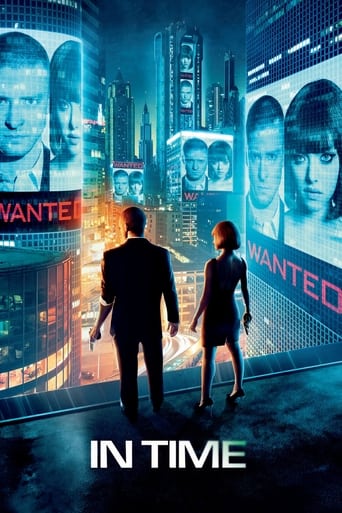
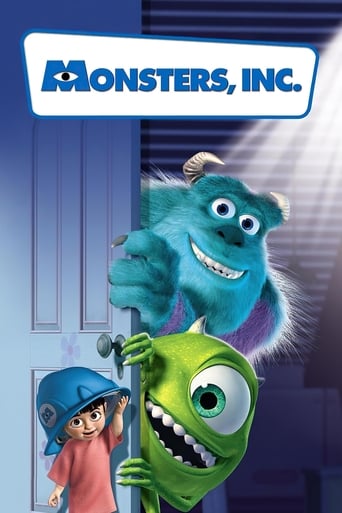
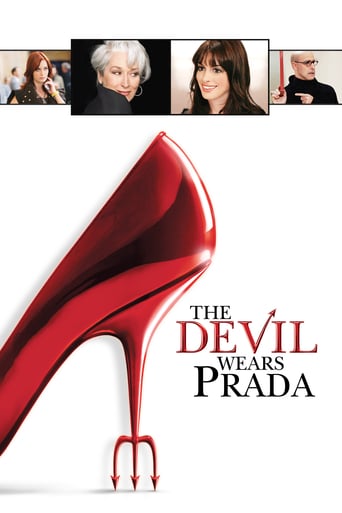
Reviews
It's hard to see any effort in the film. There's no comedy to speak of, no real drama and, worst of all.
Yo, there's no way for me to review this film without saying, take your *insert ethnicity + "ass" here* to see this film,like now. You have to see it in order to know what you're really messing with.
I wanted to like it more than I actually did... But much of the humor totally escaped me and I walked out only mildly impressed.
The film never slows down or bores, plunging from one harrowing sequence to the next.
Pigeons spell out the Empress' nickname. 19-year-old Romy Schneider polishes off the last of the Hungarian resistance to her rule, and heads back to Vienna. However Dread Movie Disease strikes and it is only when she overhears her husband the Emperor saying he cares for nothing but her, that her back stiffens. This gives her the will to go to Madeira (Campania) for her health, but to no avail; it is only when her mother shows up and makes her climb mountains and go to Corfu that she recovers. It's back to Vienna, where it's back to the diplomatic grind.(In reality, the Empress Elisabeth was a health nut who had gyms installed everywhere, and may have been bulimic. However, can't let that interfere with such beautiful nonsense.) Anyway, it's off to northern Italy, where they turn every snub to triumph in glorious Technicolor.My reviews of this and the two earlier movies in this trilogy have been cynical, but that has been impelled by the utterly simple-minded fairy-tale nature of the movies. To look at a serious drama that considers real problems in some fashion commands my respect; to look at a comedy that mocks its subjects, even as it offers us reasons to love them, gives my ironic eye no crevice to slip a knife in. To look at these movies, which attempt to dazzle us with bright colors and easily proved lies, no matter how much I may wish for simple, nostalgic answers, offends my sensibilities, and always has. A sword's stroke may cut a Gordian knot, but it destroys the rope, which is something I understood even as a child. As much as we may wish it, there are no simple answers to complex questions, and the illusion that there was a bright, shining Golden Age exists only in the minds of those who did not have to struggle with the problems of those ages.Certainly Romy Schneider felt this, or something like this. Director Ernst Marischka wanted to make a fourth Sissi movie, but despite being offered a huge salary, Miss Schneider turned him down. She was anxious to get on to other, more interesting work.This movie, like the previous two, is a lovely bit of fluff, full of bright colors, beautiful people in beautiful clothes in beautiful settings, doing things that must have had the folks in Vienna, out for a bit of strudel with some schlag after the show sighing for the good old days. Nowadays, of course, we sigh for that era.
In reviews of the two earlier Sissi films I have already pointed out that the historical interest of the films is to be found in their relation to fifties Germany (pan-Germany) rather than to the rather slender connection with the real history of pre-First World War Austro-Hungary. I shall not repeat those arguments here.There is a curious "truth" game played in one of the films of Fassbinder where the characters determine who is intended by asking such questions as "What would s/he be if he were a tree" etc The last question (the killer) is "What would s/he have been during the Third Reich?" Fassbinder was one of the few West German film-makers to resolutely explore the old wound. The Austrian Marischka is at the furthest extreme, creating this really quite extraordinary fairy-tale epic which is, by careful design, light years away from the terrible "you know what", the unmentionable (like tuberculosis in this film), that most Germans now preferred to cast into oblivion.There is not very strong evidence for Sissi suffering from tuberculosis, although it was apparently at one time suspected, but the "white plague" was quite an important issue in the late forties and fifties (on the increase in the aftermath of the war) although it was in fact to be the decade when the disease was at least temporarily mastered. Germany, like Sissi, might hope for a complete cure. 1957 was the comeback year for Veit Harlan (best known for the anti-semitic wartime classic Jud Süss. After somehow battling through to an acquittal in the courts, Harlan produced the film Anders als du und ich, a rather daring film about homosexuality, picking up a theme common in pre-Hitler Weimar. Harlan's film was also known as "the third sex", a term coined in the twenties by sexologist Magnus Hirschfeld (openly gay and Jewish), and similarly used as an alternative title both for Oswald's Anders als die Andern 1919 (in which Hirschfield himself appears) and for Dreyer's Mikaël (1924). Sadly for Harlan, his reputation was against him and the film met with demonstrations accusing him inter alia, and rather justly, of being anti-homosexual, although it is true that the film was more timid and conservative on the subject than its Weimar predecessors.Harlan could not call for this film on his former wartime collaborator, art director Bruno Mondi, for the very good reason that Mondi had his hands full as art director for the Sissi trilogy.The pan-Germanic theme continues in the third part of Sissi, to extend beyond Germany (represented by Sissi's native Bavaria), Austria and Hungary to include Italy - a perfect representation of Mitteleuropa, the maintenance of whose cultural imperium has throughout the trilogy been seen as Sissi's peculiar "destiny" = "order, peace, happiness, contentment" (order, typically still comes first)It is a sad irony of history that, had Hitler had a more generous conception of the Volkdeutsche, he might have been the champion of European Jewry (Ashkenazis throughout Europe were German speaking and very largely of German culture). In this film history is put right to a certain extent - but rather coyly. Not only do we see the Hungarian gypsies again, as in the second film but Sissi's brother marries .....an actress...and a bourgeoise(who just happens to have the Yiddish surname Mendel).Quite where this fairy-tale land benevolently dominated by the Volkdeutsche would have extended in the projected fourth part of Sissi, we cannot know. Von der Etsch bis an den Belt no doubt. What words, one wonders, did the German audience mutter to themselves as the Haydn music played (as it had in each part of the trilogy) at the climax of the film?The two charming puppets (Romy and Karlheinz) rebelled. For the special relevance of these two performers (both "innocent" children of parents prominently and ostentatiously, if relatively frivolously, known for their support of Hitler - Magda Schneider, who of course appears as the mother in the films and the conductor Karl Böhm).Schneider's unwillingness (despite her mother) to continue the masquerade is well known but I do not doubt that the feeling was shared by Karlheinz. Both marked their rebellion by a career-change, although in Romy's case this involved battling with her mother rather as Sissi battles with the mother-in-law in the trilogy. After agreeing to play the same part as her mother had played in the film Christine (a remake of Ophüls 1933 Liebelei), she broke the umbilical cord by running off with her co-star Alain Delon.As for Karlheinz he would appear, at great cost to his career, in the remarkable but disturbing film Peeping Tom (1960) made by the British director Michael Powell. The appearance of a German actor in the principal role is totally anomalous but may well be explained by the fact that the films is crucially concerned with the effect of a child growing up with a famous but grimly obsessive father (played by Powell himself in the film). If he never became a major star, the younger Böhm would nevertheless on the whole make a success of what might be described as his personal quest for rehabilitation, becoming a left-wing activist in the sixties and later a noted philanthropist and appearing in the seventies in the films of Fassbinder (as a homosexual in one and a communist in the other).For Romy Schneider, the road was far more difficult and, despite a period of great fame, would end with her suicide in 1982 at the age of forty-three. She had given both her children markedly Jewish names (David and Sarah) and was buried with a star of David around her neck.Escapism no doubt has its place but there is still no better antidote to a troubled past than facing it honestly.
The final film in the Sissi trilogy - The Fateful Years of the Empress -- again stars Romy Schneider as Empress Elisabeth of Austria. These films are beloved by the European public, just as some of the Disney films we saw as children are to us.As far as history goes, the movies are not very accurate, though they do show real events. Sissi and her husband are portrayed as very much in love, a very romantic couple, although that was not true. Also, for the purposes of this film, their daughter Sophie actually lives, and there aren't any other children. Actually the whole end of this film in Venice, in history, took place much later in Sissi's life, and her son Ludwig was present.One interesting fact is that, as in the film, Sissi's brother married the actress Henriette Mendel, and she was made a Baroness. Their illegitimate daughter, who appears as a character in the movie, becomes Marie Larish. Marie Larish was the go-between for Elisabeth's son Ludwig and his fiancé Mary. After the Mayerling scandal, when Ludwig shoots Mary and then himself, it was learned that Marie served as go-between, and the family, including her close companion Sissi, completely disowned her.During the time that Sissi spends in Hungary, there were rumors that Count Andrassy was her lover, but this was never proved. The film is so whitewashed that a liaison would never have occurred to Sissi. Sissi does become very ill -- they suspect tuberculosis -- and is sent to Madeira to recover. However, it is believed that her condition was very much psychosomatic -- she really didn't like being at the palace -- because, unlike in the film, when she arrived in Madeira, she had a miraculous recovery. In the film, she remains ill until her mother arrives and gets her walking, etc.This film ends with the Emperor and Empress' triumphant appearance in Venice. Marischka planned on doing a fourth film, but Romy Schneider refused, turning down one million Deutschemarks. Schneider would become Elisabeth once more, in 1972, in the film Ludwig, playing the character closer to the real Sissi.The costumes, the scenery, the pageantry in this film is spectacular. Romy Schneider is fresh and beautiful and luminous as Empress Elisabeth, not at all the dark, anorexic character described in history as time went on.Sissi's end was tragic, as was Schneider's, but Europeans, so beaten down by war, were in the mood for something beautiful, and they got it with the Sissi films. She is such a beloved character there, like Princess Diana, audiences loved this view of her life.To be enjoyed as a real feast for the eyes.
The third part of Sissi trilogy is made in the same convention as the previous two parts: monumental scenes with a lot of historical inaccuracies, sweetness, and high morality. However, if there is any uniqueness of this part, it is its most tragic content. As a result, Sissi-Schicksalsjahre einer Kaiserin, which can be translated as "the fateful years of the empress", is closest to the historical picture of this person - one of the most tragic empresses and one of the most known figures of the Austrian history.The first half takes place in Hungary. Sissi, the queen of Hungary, stays in a lovely place, Godolo, far from the loneliness of the royal palace in Vienna, and her cruel mother in law, archduchess Sophie. Although she loves her time there, she leaves Hungary when Count Andrassy's love gets stronger. However, there remains one trace in her from the time spent riding horses and relaxing in Godollo. Sissi falls into tuberculosis. She has to leave Vienna for an exotic southern place to change the climate. It is Madeira and Korfu. There are long scenes of her recovering, her mother Ludovika (Magda Schneider) comes to her, to Madeira, and gives her hope to recover. There is a reference of long scenes to the tiring process of recovering. But they are not boring thanks to gorgeous views of the Italian coast.The part is equally classic as the previous ones. Great cast including Romy Schneider, her mother Magda Schneider, and Karlheinz Bohm, still living. Filming locations are also an aspect worth considering. For that time, it was really extraordinary to make the movie on the Amalfi Coast (southern Italy) or Venice. Most scenes of Madeira and Korfu are particularly shot in an idyllic town of Ravello with its wonderful villas, Villa Cimbrone and Villa Rufolo. There is also Paestum with its ancient temples and, of course, Saint Mark's Square in Venice at the end of the movie.The final scene is the most memorable of all. Sissi, having recovered from tuberculosis, travels with Franz Josef to Venice (an anti-Austrian part of the empire). The picture of the imperial gondola embarking near St Mark's Square is strikingly based on the various pictures from the 19th century presenting the imperial visit to this beautiful and unique city. The silence of the crowds is widespread. While the imperial couple walk towards Saint Mark's basilica, Sissi suddenly notices her little daughter whom she could not meet due to her illness. Not caring for the people watching, she runs to her daughter, kisses her and cries out of joy. Someone from the crowd starts to salute and after a few seconds the whole Saint Mark's Square turns into a cheerful place. The people do not shout "VIVA" to adore the empress but the MOTHER. "Blessed are the ones of joyful hearts, for joy comes from God"(one notice: the anthem that is played while the imperial family enters the basilica is not the German anthem but the old Austrian anthem of the same melody "Gott Erhalte, Gott Schutze Unseren Kaiser, Unseres Land")You may have one doubt to this final scene. The story somehow does not end. The imperial couple is in Venice, Sissi is well, happy, and what then? Marischka planned to make the fourth part but Romy Schneider refused. She was fed up with being associated with Sissi. She was an actress and not an empress and that was a good decision. More great films waited for her life career. The role of Sissi in 1957 was not the lat one Romy had. She played Elizabeth of Austria one more time in Visconti's Ludwig almost twenty years later, but this was an entirely different portrayal.Sissi Schickslsjahre einer Kaiserin is a classic, beyond times. Generations to come will watch it as a treasure of the Austrian cinema of the 20th century. FOREVER IN MY FAMILY'S FILM COLLECTION
Top Streaming Movies











